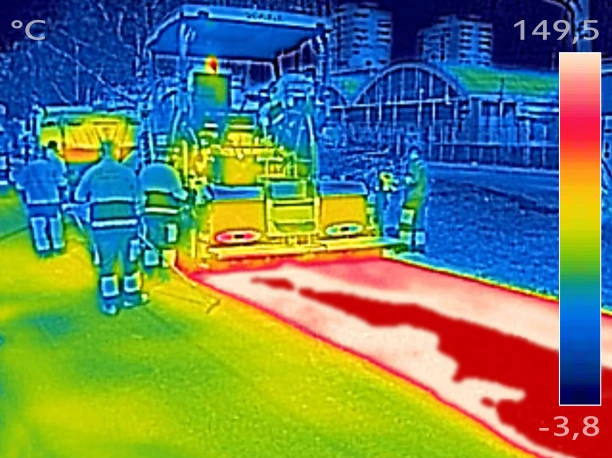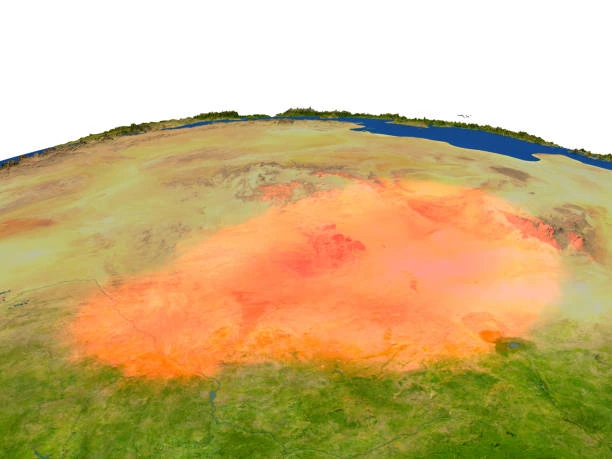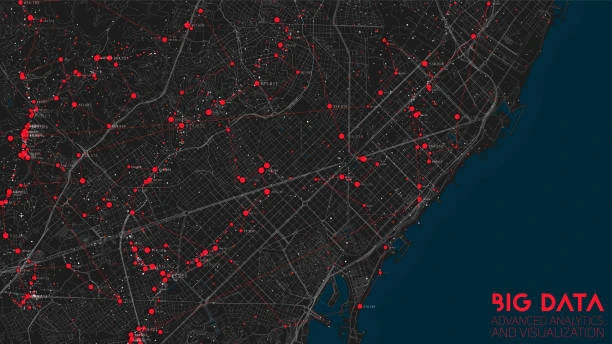Course Overview
This course provides an in-depth exploration of remote sensing technologies and their applications in disaster management. Participants will learn how to utilize satellite and aerial imagery to assess, monitor, and mitigate the impact of natural and man-made disasters. The course covers the fundamental principles of remote sensing, data acquisition, and interpretation techniques, with a strong focus on practical applications in disaster preparedness, response, recovery, and risk reduction.
Course Duration
10 Days
Who Should Attend
- Disaster management professionals
- Environmental scientists and engineers
- Urban planners and development experts
- Geospatial analysts and GIS specialists
- Emergency response teams
- Government officials and policymakers
- Researchers and academics in the field of disaster management
- NGO and humanitarian organization staff
- Students and professionals seeking to enhance their knowledge of remote sensing applications in disaster management
Course Objectives
By the end of this course, participants will be able to:
- Understand the principles of remote sensing and its relevance to disaster management.
- Identify and select appropriate remote sensing data and tools for various types of disasters.
- Analyze and interpret remote sensing data to assess disaster risk and impact.
- Apply remote sensing techniques for disaster preparedness, monitoring, and early warning systems.
- Develop disaster response strategies using remote sensing and geospatial data.
- Utilize remote sensing for post-disaster damage assessment and recovery planning.
- Integrate remote sensing data with other geospatial information systems for comprehensive disaster management.
- Evaluate the effectiveness of remote sensing in disaster risk reduction.
- Enhance decision-making processes in disaster management through the use of remote sensing.
- Understand the ethical and practical challenges in the application of remote sensing for disaster management.
Course Outline:
Module 1: Introduction to Remote Sensing and Disaster Management
- Overview of remote sensing technologies
- Role of remote sensing in disaster management
- Types of disasters and remote sensing applications
Module 2: Remote Sensing Data Acquisition and Processing
- Satellite and aerial data sources
- Image processing techniques
- Data quality and resolution considerations
Module 3: Disaster Risk Assessment Using Remote Sensing
- Hazard mapping and vulnerability analysis
- Identifying risk zones
- Integrating remote sensing with GIS for risk assessment
Module 4: Remote Sensing for Early Warning Systems
- Monitoring natural hazards (floods, earthquakes, landslides)
- Developing early warning systems using remote sensing data
- Case studies on early warning systems
Module 5: Remote Sensing Applications in Disaster Response
- Real-time data acquisition and analysis
- Coordination of response efforts using remote sensing
- Case studies on disaster response
Module 6: Post-Disaster Damage Assessment
- Techniques for assessing damage using remote sensing
- Quantifying losses and impacts
- Planning recovery and reconstruction efforts
Module 7: Remote Sensing for Disaster Recovery and Reconstruction
- Monitoring recovery progress
- Assessing the effectiveness of reconstruction efforts
- Case studies on disaster recovery
Module 8: Integration of Remote Sensing with Other Data Sources
- Combining remote sensing with ground-based observations
- Use of drones and UAVs in disaster management
- Multi-sensor data integration techniques
Module 9: Challenges and Limitations of Remote Sensing in Disaster Management
- Ethical considerations in data use
- Technical challenges and data limitations
- Addressing gaps in data availability and accuracy
Module 10: Future Trends in Remote Sensing for Disaster Management
- Advances in remote sensing technologies
- Emerging applications and innovations
- The role of AI and machine learning in remote sensing for disaster management
Customized Training
This training can be tailored to your institution needs and delivered at a location of your choice upon request.
Requirements
Participants need to be proficient in English.
Training Fee
The fee covers tuition, training materials, refreshments, lunch, and study visits. Participants are responsible for their own travel, visa, insurance, and personal expenses.
Certification
A certificate from Ideal Workplace Solutions is awarded upon successful completion.
Accommodation
Accommodation can be arranged upon request. Contact via email for reservations.
Payment
Payment should be made before the training starts, with proof of payment sent to outreach@idealworkplacesolutions.org.
For further inquiries, please contact us on details below:






